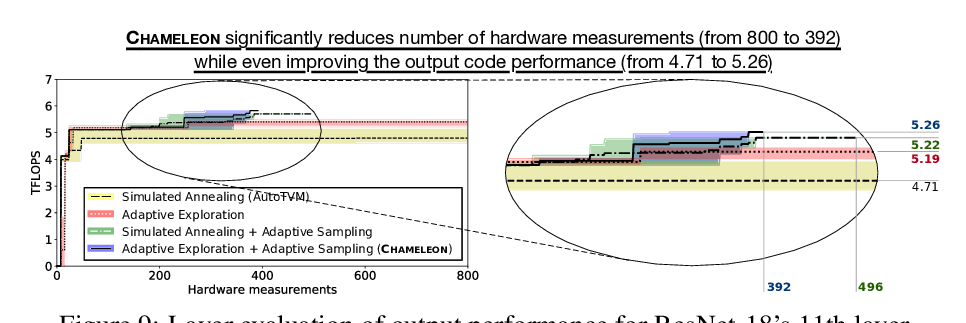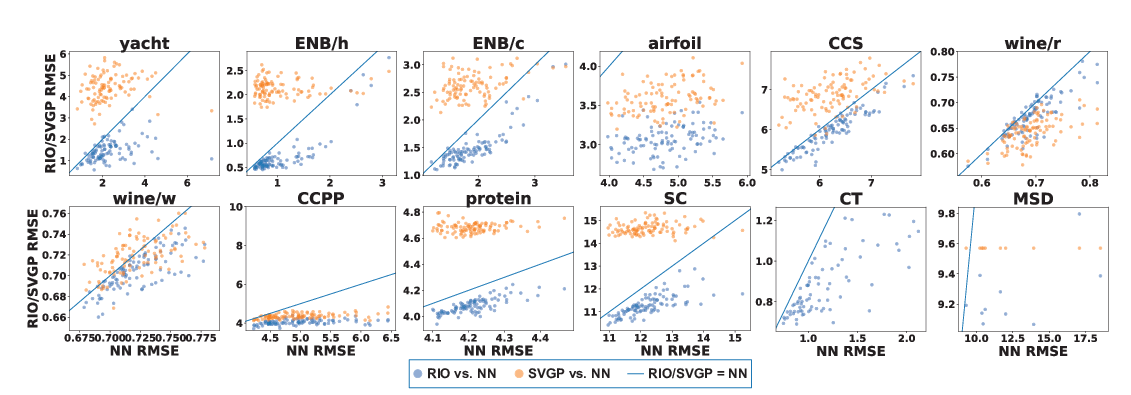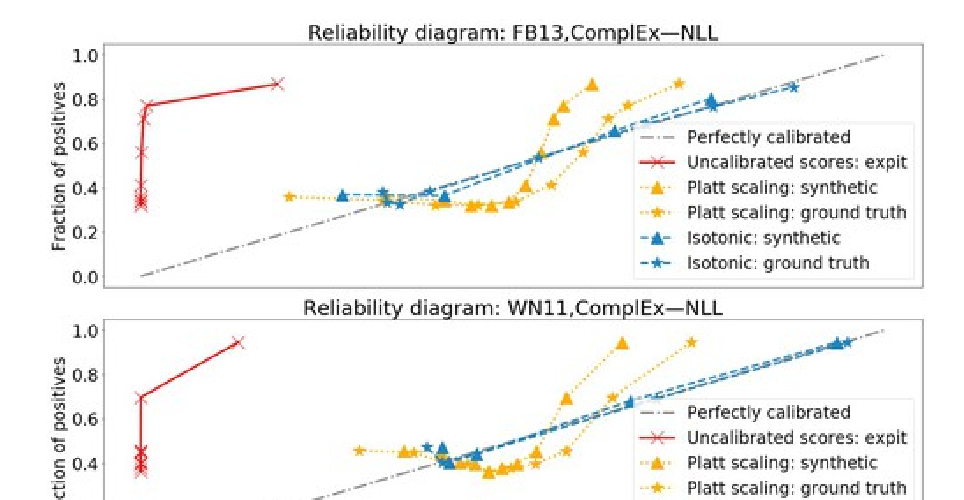Abstract:
Storage assignment, the act of choosing what goods are placed in what locations in a warehouse, is a central problem of supply chain logistics. Past literature has shown that the optimal method to assign pallets is to arrange them in increasing duration of stay in the warehouse (the Duration-of-Stay, or DoS, method), but the methodology requires perfect prior knowledge of DoS for each pallet, which is unknown and uncertain under realistic conditions. Attempts to predict DoS have largely been unfruitful due to the multi-valuedness nature (every shipment contains multiple identical pallets with different DoS) and data sparsity induced by lack of matching historical conditions. In this paper, we introduce a new framework for storage assignment that provides a solution to the DoS prediction problem through a distributional reformulation and a novel neural network, ParallelNet. Through collaboration with a world-leading cold storage company, we show that the system is able to predict DoS with a MAPE of 29%, a decrease of ~30% compared to a CNN-LSTM model, and suffers less performance decay into the future. The framework is then integrated into a first-of-its-kind Storage Assignment system, which is being deployed in warehouses across United States, with initial results showing up to 21% in labor savings. We also release the first publicly available set of warehousing records to facilitate research into this central problem.



